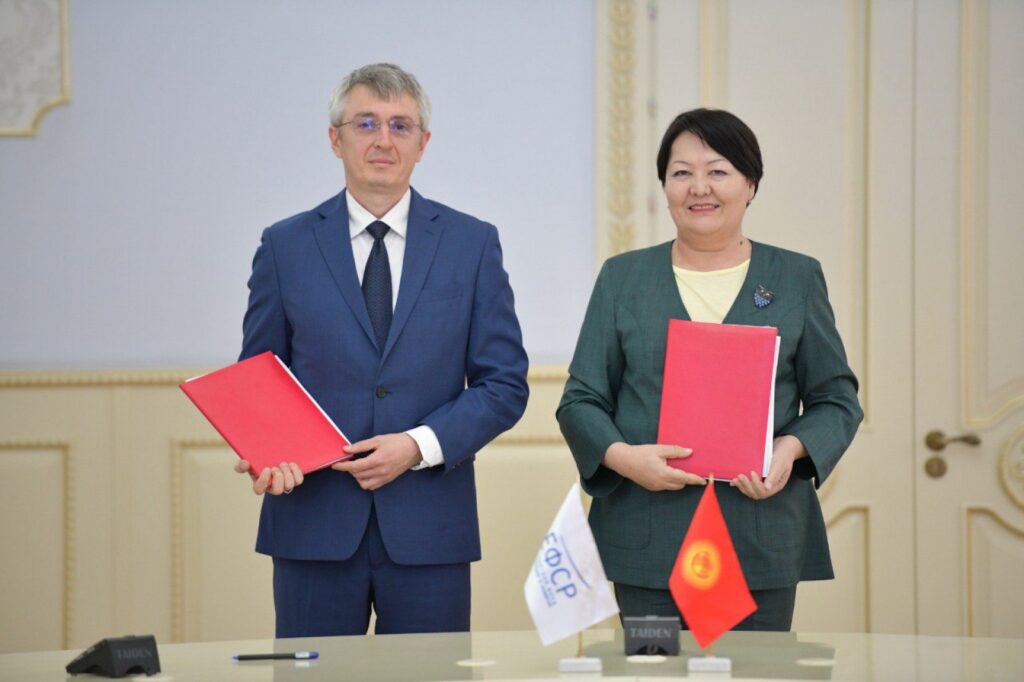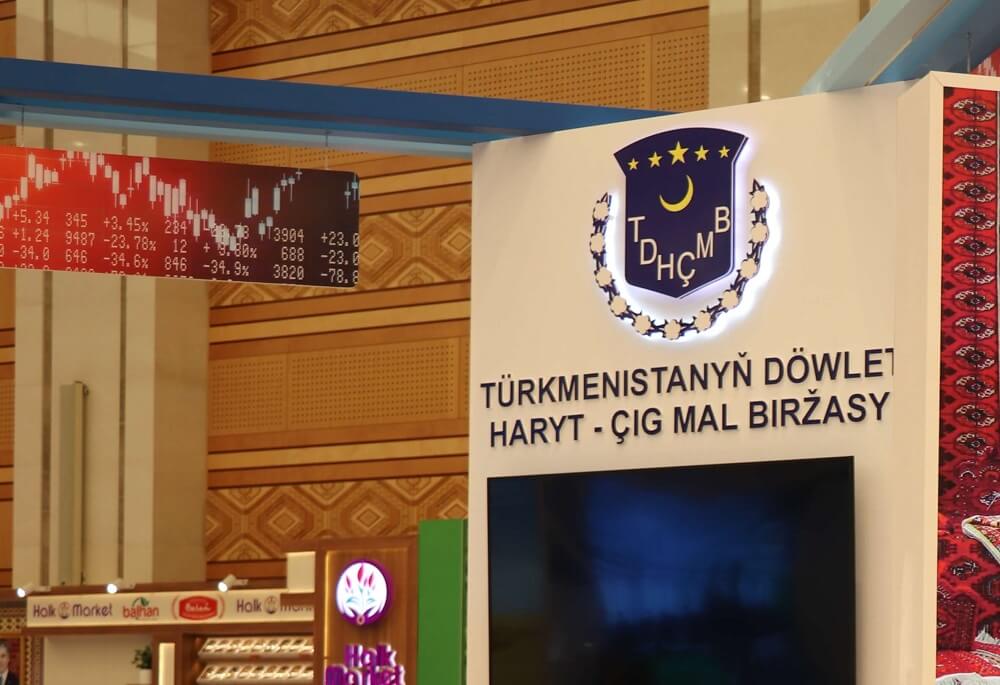TASHKENT (TCA) — A new project “Strengthening Transport and Logistics Business Intermediary Organisations (BIOs) in Central Asia” was launched in Tashkent on February 15. The project is funded by the European Union (750,000 EUR) and will be implemented in Uzbekistan and Turkmenistan in 2017-2019, the Delegation of the European Union to Uzbekistan said.
The project will be implemented by CEED Bulgaria in partnership with the Chamber of Commerce and Industry of Uzbekistan (CCIU), the Association for Development of Business Logistics (ADBL Tashkent), the Latvian Association of stevedore companies (LSA) and the Turkmen Association of International Road Carriers (THADA).
The project’s main objective is to support Uzbek and Turkmen BIOs and SMEs in development of the logistic supply chain, storage and distribution of goods, jobs creation and staff training. In addition, the project will contribute to establishing institutional and legal mechanisms for public-private partnership through the institutional support of business associations working in the field of transport and warehouse logistics. It will help increase their competitiveness on domestic and foreign markets, stimulating SME growth and export expansion in the Central Asian states.
At the kick-off meeting Ambassador Eduards Stiprais, Head of the EU Delegation to Uzbekistan, spoke about the EU contribution to development of transport and logistics sector in Uzbekistan.
“The European Union stands for development of economic relations, trade and transport communication with and between the Сentral Asia states to strengthen their independence and our bilateral and multilateral ties,” Ambassador Stiprais said. “For this end, since the beginning of 1990s we have been providing appropriate financial and technical support. Namely, in 1993, we started our cooperation in the area of transport, when TRACECA (Transport Corridor Europe-Caucasus-Asia) was established upon the signing of the Multilateral Agreement on International Transport for the development of transport initiatives between the EU Member States, the Caucasus and Central Asia states. The TRACECA programme has supported political and economic independence of these states through enhancing their access to European and global markets via road, rail and sea.”
“Uzbekistan, like other twelve TRACECA states, has benefited from the EU-supported programme participating in various project activities designed, among other things, to contribute to the long–term sustainable development of logistics infrastructure and multimodal transport along the TRACECA corridor, as well as support the further development of the transport system in the region and its interconnection to the major trans-European transport axes. We see the new project ‘Strengthening of Logistics and Transport Business Intermediary Organisations in Central Asia’ launched today as the logical continuation of our joint efforts taken earlier under the TRACECA Programme,” the Ambassador said.
He went on saying that the EU is one of the key leading trade partners for the five Central Asian nations. The EU was Uzbekistan’s fourth and Turkmenistan’s third largest trade partner in 2015 with total trade equal to EUR 1.978 billion and EUR 1.6 billion respectively.
But these figures are very low, Ambassador Stiprais said. “We understand that among the reasons behind this situation are also issues of transportation infrastructure and logistics services, which require further development both in Uzbekistan and Turkmenistan.”








